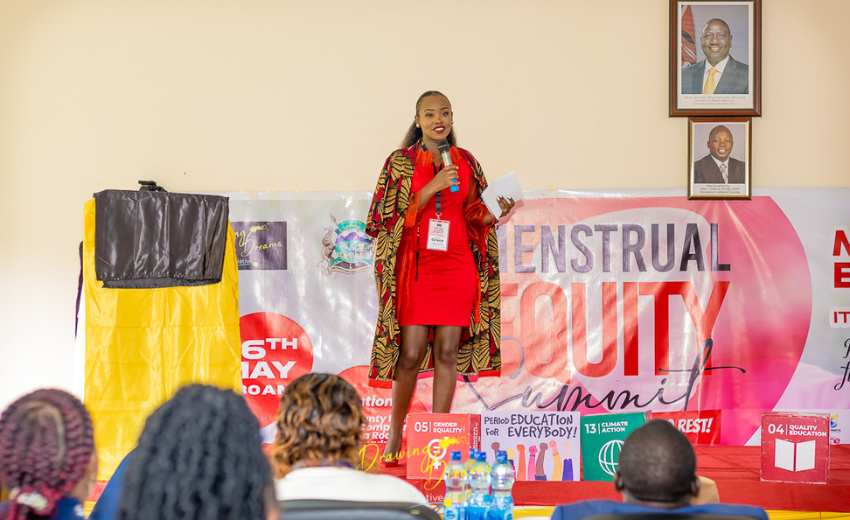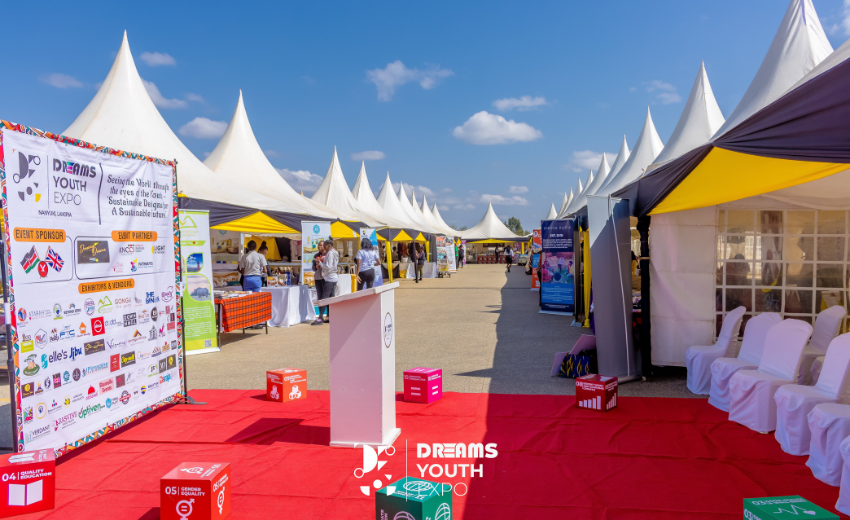
Menstrual Equity
Menstrual Equity

What does menstrual equity mean to you? The most commonly recognized definition refers to the affordability, accessibility and safety of menstrual products. But menstrual equity is not just defined by products — it is also about education and reproductive care. It’s about making sure that people have the needs, support, and choices to decide how they want to take care of their menstrual health. And it’s about finally ending the stigma around periods that has prevented not only decision-makers, but also healthcare providers, educators and individuals from ensuring that menstrual health is a priority.
-
65%-of women in Kenya are not able to access period products.
-
12%-of girls in Kenya can openly speak to their mothers about menstruation pre-menarche (first period)
-
72%-of boys have not received any menstrual health related education.
-
55%-of women relate menstruation to periods only
To break the culture of silence that is associated with menstruation as a taboo, in 2022, DDI has successfully ran 14 menstrual health clubs reaching 4,550 girls and 3241 boys. We also had 5 out of school community engagements reaching. These have provided knowledge and information on self-realization, self-worth, self-efficacy, menstrual hygiene management and self-esteem. The constructive inclusion of boys and men in these sessions have empowered them to become strong allies and allowed women and girls to thrive in an environment that they feel supported and appreciated.




















